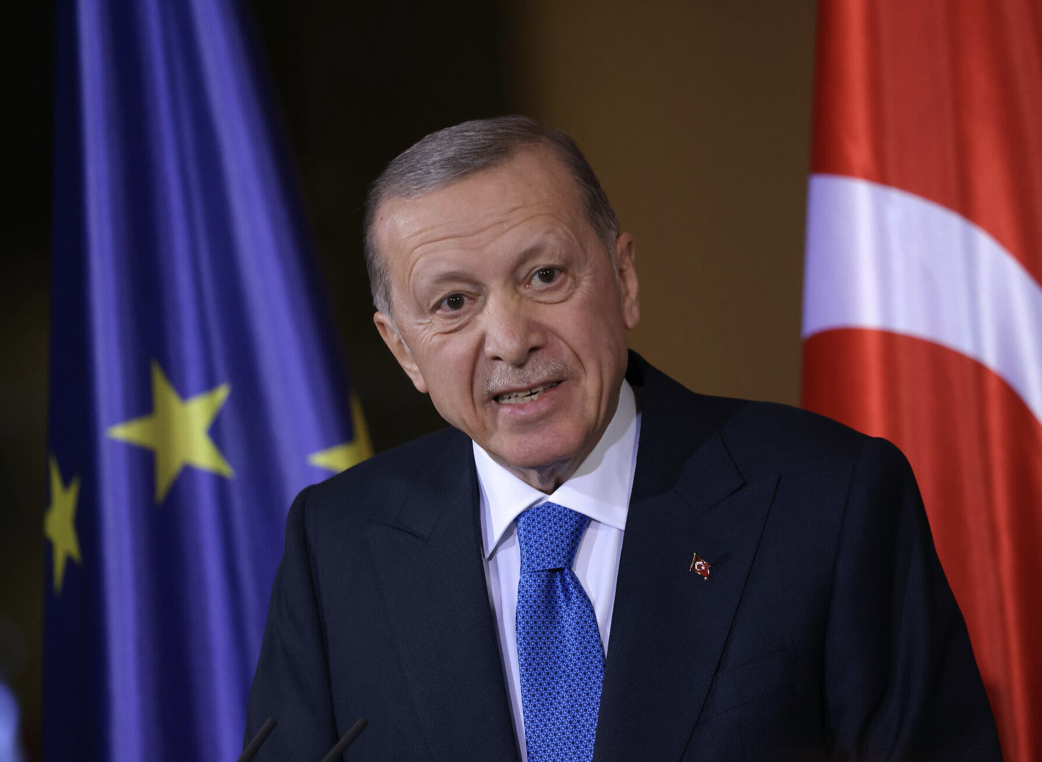The country’s central bank increased rates by 5 percentage points in an attempt to deal with the soaring cost of household necessities and the devaluing of the lira.
November 25, 2023, The New York Times.
Turkey’s central bank has raised interest rates to 40 percent, its highest level in nearly two decades, in a significant move to tame the country’s runaway inflation after the country’s president, Recep Tayyip Erdogan, had previously defied economic convention by cutting rates to slow price increases.
The increase of 5 percentage points on Thursday, which was larger than expected and the sixth consecutive increase by the bank, came as inflation in Turkey is running at 61.36 percent. That has sent the cost of basic household necessities soaring and sharply devalued the country’s currency, the lira.
The central bank said in a statement that interest rates were near their peak and “the pace of monetary tightening will slow down.” It added that “ the tightening cycle will be completed in a short period of time.” The bank’s inflation target is 5 percent in the medium term.
Under Mr. Erdogan, Turkey has struggled with persistently high inflation in recent years.
After being elected in 2003, Mr. Erdogan pushed expensive projects, sending growth skyrocketing as the country took on sizable debt and relied heavily on foreign investments to fund lavish ventures in infrastructure, telecommunications and other fields. As a result, Turkey’s gross domestic product, the primary measure of economic output, boomed to nearly more than $1 trillion, making it the world’s 19th-largest economy.
That strategy was upended when Turkey’s inflation moved above 20 percent in 2019 and the lira plummeted in value against the dollar. But rather than go with economic orthodoxy by raising interest rates to tamp down inflation, Mr. Erdogan cut rates, a move that economists say sent prices shooting even higher. Inflation in Turkey rose more than 80 percent in August 2022. The central bank cut rates again.
But since Mr. Erdogan’s narrow re-election this year, he has sharply reversed that approach.
In June, he chose Hafize Gaye Erkan, the former co-chief executive officer of the U.S.-based First Republic Bank, to lead Turkey’s central bank. He also brought back Mehmet Simsek, a former top economist at Merrill Lynch, as the country’s finance minister more than a decade after his last term.
Together, Ms. Erkan and Mr. Simsek have pursued a more conventional approach to bringing down inflation and stabilizing the lira. In June, the central bank raised interest rates to 15 percent from 8.5 percent, kicking off the current cycle of rate increases.

